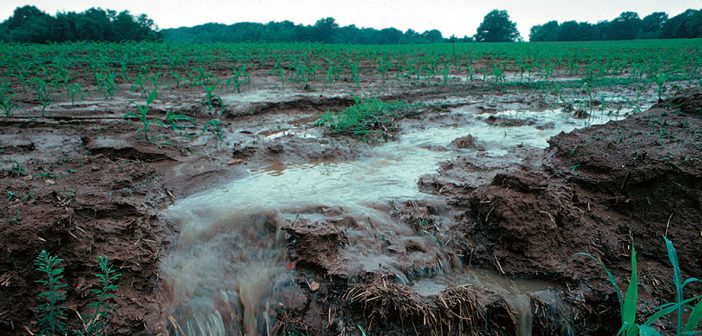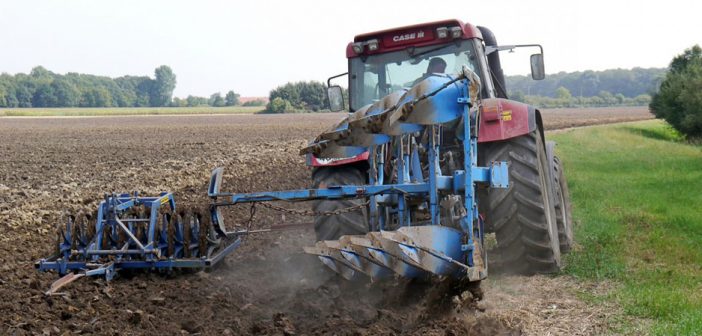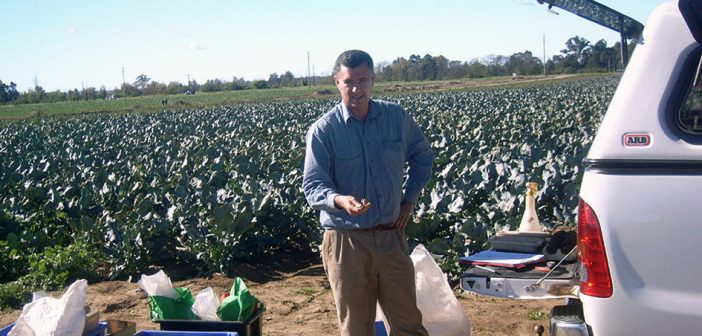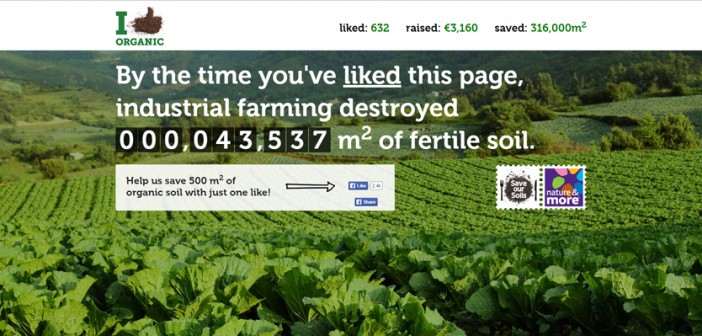A new report from WWF, The Rivers Trust and The Angling Trusts claims that spending approximately £10 million a year on soil protection measures in the UK would ensure a future for agriculture and reverse the decline of the 86 per cent of rivers that are currently classed as unhealthy.
WWF claims that up to a third of farmers are currently not complying with England’s water protection laws; which has led to widespread soil degradation, pollution of rivers, increased flood risk, and higher costs for local authorities and water bill payers.
The report’s authors say that creating a properly funded, locally coordinated farm advice service is needed to help farmers care for the environment while maintaining crop productivity. It estimated the cost for effective enforcement and advice in England as being about £10 million per year. It points out that this is a fraction of the current £2 billion provided under the Common Agricultural Policy.
Tony Juniper, Executive Director of Advocacy and Campaigns at WWF, said, “We have a once in a life time opportunity to create and support the nature we want to live in. We could have a farming system that contributes to a healthier planet. But to do that, we have to think locally, by restoring our wildlife and stopping agricultural run-off polluting our rivers. We need to not only put in place the right legislation and protections, but we must have robust enforcement or else we will waste this unique occasion.”

Photo Credit: Wikimedia Commons
The post Report says £10m a year needed to protect UK soils appeared first on Hort News on 26 April 2018.



